Health
IVF in Cysts: Meaning, Causes, Symptoms & Treatment
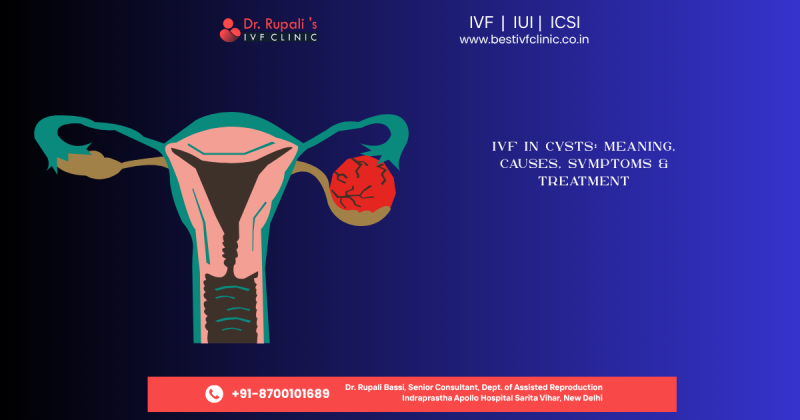
Introduction
Have you ever wondered what happens if you have ovarian cysts and are planning to go for IVF? Many women face this dilemma while preparing for their fertility journey. Ovarian cysts are common and often harmless, but sometimes, they can interfere with ovulation and fertility treatments like IVF (In Vitro Fertilization).
In this article, we’ll break down everything you need to know about IVF in cysts — what it means, how it affects your fertility, and the best treatment options available. Think of this as your friendly, easy-to-understand guide to navigating IVF when ovarian cysts are part of the picture.
Learn about IVF in cysts, its causes, symptoms, and treatment options from the best IVF doctor in New Delhi for safe and effective fertility care.
1. What Are Ovarian Cysts?
Ovarian cysts are fluid-filled sacs that develop on or inside the ovaries. Most of the time, they are harmless and disappear on their own. However, in some cases, they can cause hormonal imbalance, pain, or affect ovulation — making conception difficult.
Think of your ovaries as tiny “factories” that produce eggs each month. Sometimes, a small sac (cyst) stays longer than it should or grows abnormally, causing trouble in the natural or assisted fertility process.
2. Types of Ovarian Cysts
There are several types of ovarian cysts, but not all affect IVF treatment. The main ones include:
- Functional cysts: The most common type; they form during the menstrual cycle and usually resolve naturally.
- Follicular cysts: Occur when a follicle doesn’t release the egg and continues to grow.
- Corpus luteum cysts: Happen when the follicle releases the egg but fails to dissolve after ovulation.
- Endometriomas: Caused by endometriosis; these cysts contain old blood and can affect ovarian function.
- Dermoid and cystadenomas: Non-cancerous growths that can enlarge the ovary and may require surgery.
3. How Common Are Ovarian Cysts in Women?
Ovarian cysts are incredibly common. Nearly 1 in 4 women will experience an ovarian cyst at some point. Many go unnoticed and resolve on their own. However, when cysts grow large or persist, they can cause discomfort, irregular periods, or affect fertility.
4. Can You Do IVF if You Have Ovarian Cysts?
Yes — but it depends on the type and size of the cyst.
Small, functional cysts generally do not interfere with IVF. However, if the cysts are large, painful, or hormone-producing, they might need treatment first.
Your IVF specialist may delay the stimulation phase or remove the cyst to ensure better ovarian response and successful egg retrieval.
5. How Cysts Affect IVF Treatment
Ovarian cysts can influence IVF in several ways:
- Hormonal interference: Cysts can produce estrogen or progesterone, which affects the hormone balance needed for egg maturation.
- Poor response to medication: The ovaries may not respond well to fertility drugs if cysts are present.
- Disrupted egg retrieval: Large cysts can make it hard to access healthy eggs during IVF.
- Pain and risk of rupture: During stimulation, cysts may enlarge, causing discomfort or rupture.
That’s why careful monitoring by the best IVF doctor in New Delhi is essential before and during IVF treatment.
6. Symptoms of Ovarian Cysts
Some cysts are silent troublemakers — you might not even know they exist. But others can cause noticeable symptoms like:
- Pelvic pain or fullness
- Irregular menstrual cycles
- Bloating or abdominal swelling
- Pain during intercourse
- Difficulty conceiving
- Frequent urination (if cysts press on the bladder)
If you experience these symptoms before IVF, consult your fertility doctor for an ultrasound.
7. Common Causes of Ovarian Cysts
Cysts can form for several reasons:
- Hormonal imbalance during the menstrual cycle
- Endometriosis or PCOS (Polycystic Ovary Syndrome)
- Fertility drugs that stimulate ovulation
- Pregnancy (some cysts form naturally during early pregnancy)
- Pelvic infections spreading to the ovaries
Understanding the cause helps your fertility specialist plan the right treatment before starting IVF.
8. Diagnosis: How Are Ovarian Cysts Detected?
Doctors usually detect cysts using ultrasound scans.
- Transvaginal ultrasound gives a detailed image of your ovaries.
- Blood tests (like CA-125) may be done to rule out rare cancerous growths.
- In some cases, MRI or laparoscopy may be used for further evaluation.
Regular monitoring before IVF ensures the cyst doesn’t interfere with the treatment.
9. Types of Cysts That Affect IVF
Not all cysts pose a problem. However, some can reduce IVF success:
- Endometriomas: May damage ovarian tissue and affect egg quality.
- Functional cysts: Can cause hormonal imbalance during ovarian stimulation.
- Cystadenomas: Can grow large and distort ovarian anatomy.
- Polycystic ovaries (PCOS): Multiple small cysts can lead to irregular ovulation.
Your fertility specialist will determine whether to proceed with IVF or treat the cyst first.
10. Treatment Options Before IVF
Treatment depends on the cyst’s size, type, and impact:
- Watchful waiting: Small cysts may disappear naturally within a few cycles.
- Hormonal therapy: Birth control pills can regulate hormones and prevent new cysts.
- Aspiration: Fluid-filled cysts can be drained under ultrasound guidance.
- Surgery (Laparoscopy): Recommended for large, painful, or persistent cysts.
The goal is to ensure your ovaries are healthy before IVF stimulation begins.
11. IVF Process with Ovarian Cysts
If cysts are under control, IVF can proceed safely. The process involves:
- Ovarian stimulation: Fertility drugs are used to produce multiple eggs.
- Monitoring: Ultrasounds check cyst size and follicle growth.
- Egg retrieval: Eggs are collected carefully to avoid cyst rupture.
- Fertilization: Eggs are fertilized with sperm in the lab.
- Embryo transfer: The best embryos are placed in the uterus for implantation.
The best IVF doctor in New Delhi ensures this process is customized for each woman’s condition, including those with cysts.
12. Role of Hormones and Cyst Formation During IVF
During IVF, fertility drugs stimulate the ovaries to produce multiple eggs. Sometimes, this can lead to functional cysts or Ovarian Hyperstimulation Syndrome (OHSS).
Careful dosage adjustment and close monitoring help prevent these complications. That’s why choosing an experienced IVF specialist is crucial — someone who understands how to balance hormonal responses.
13. When Surgery Is Needed Before IVF
Surgery might be necessary when:
- Cysts are larger than 5 cm
- There’s severe pain or rupture risk
- Cysts are endometriomas or dermoids
- Cysts interfere with ultrasound visibility during IVF
Laparoscopic cyst removal is a minimally invasive option that helps restore ovarian function while minimizing scarring.
14. Tips to Improve IVF Success with Cysts
Here are a few practical tips:
- Get regular ultrasounds before stimulation.
- Follow your doctor’s advice on cyst management.
- Eat a balanced diet rich in antioxidants and omega-3s.
- Manage stress, as it can affect hormonal balance.
- Avoid self-medication with hormonal pills.
- Consult only experienced fertility specialists for cyst-related IVF care.
Remember — the right treatment plan can make all the difference in your IVF journey.
15. Finding the Best IVF Doctor in New Delhi
If you’re dealing with ovarian cysts and planning for IVF, it’s essential to choose an expert who understands both fertility and cyst management.
The best IVF doctor in New Delhi combines advanced technology with personalized care to ensure optimal outcomes. Look for:
- Experience in handling complex ovarian conditions
- High IVF success rates
- Use of advanced diagnostics and minimally invasive techniques
- Compassionate counseling and transparent communication
With the right expert by your side, cysts don’t have to stand in your way of becoming a parent.
16. Conclusion
Ovarian cysts can seem like a roadblock in your fertility journey, but with modern IVF techniques and expert medical guidance, they’re often just a small bump on the road. Understanding the cause, symptoms, and treatment options empowers you to make informed decisions.
If you’re ready to begin your IVF journey and want personalized guidance, consult the best IVF doctor in New Delhi to achieve your dream of parenthood safely and successfully.
FAQs
1. Can I go through IVF if I have ovarian cysts?
Yes, many women successfully conceive through IVF despite having cysts, especially when guided by an experienced IVF specialist.
2. Do cysts affect egg quality during IVF?
Some cysts, like endometriomas, can impact egg quality, but timely treatment or monitoring can minimize this effect.
3. Should ovarian cysts be removed before IVF?
Not always. Small or harmless cysts may not need removal, but larger or hormone-producing ones often do.
4. Can cysts come back after treatment?
Yes, cysts can recur, especially if caused by hormonal issues or endometriosis. Regular follow-ups help in early detection.
5. Who is the best IVF doctor in New Delhi for cyst-related IVF treatment?
The best IVF doctor in New Delhi is one with vast experience in fertility treatments and managing ovarian cysts using advanced, patient-centered care approaches.
Source:
Click for the: Full Story
You might like
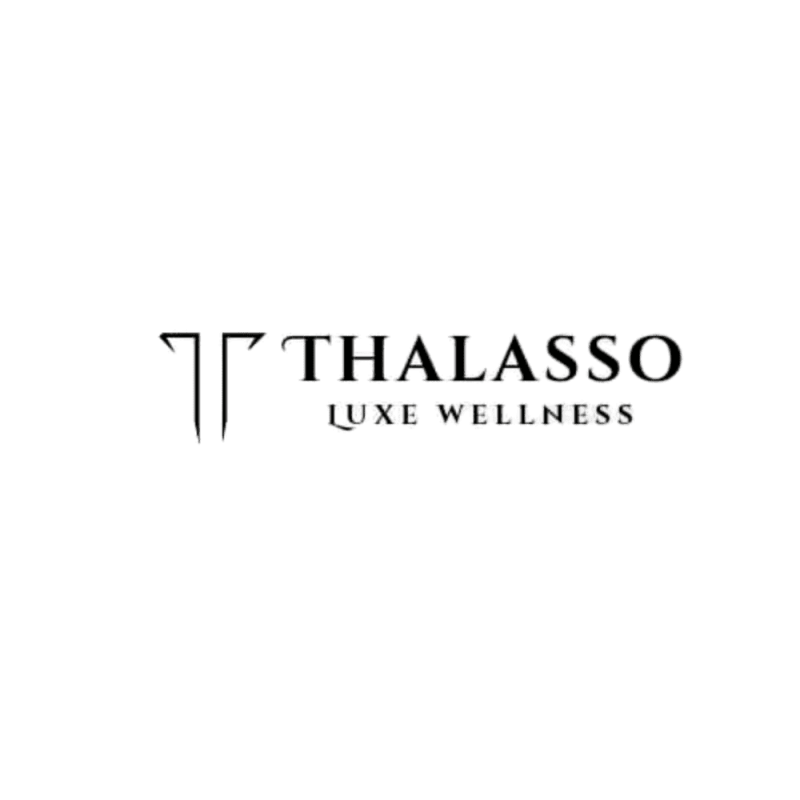
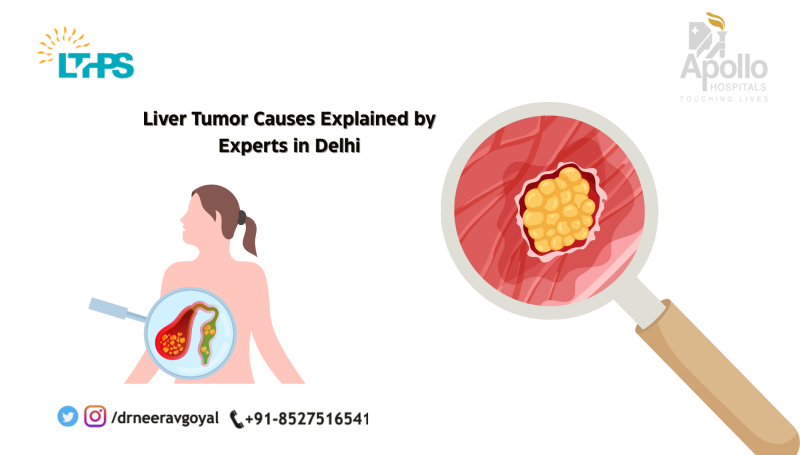

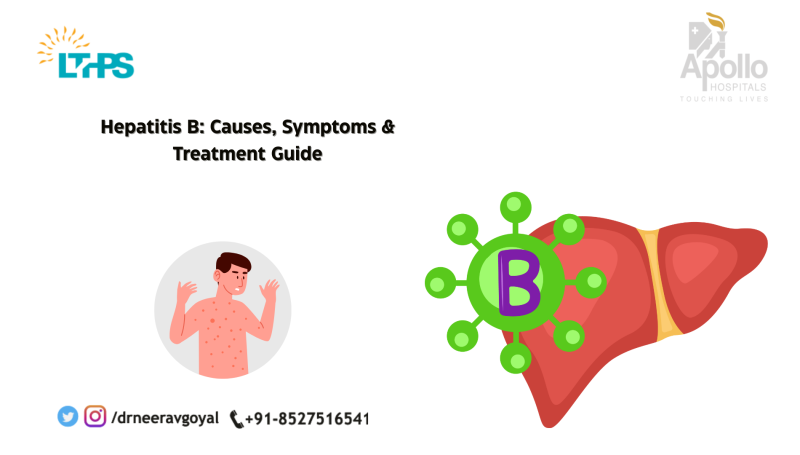
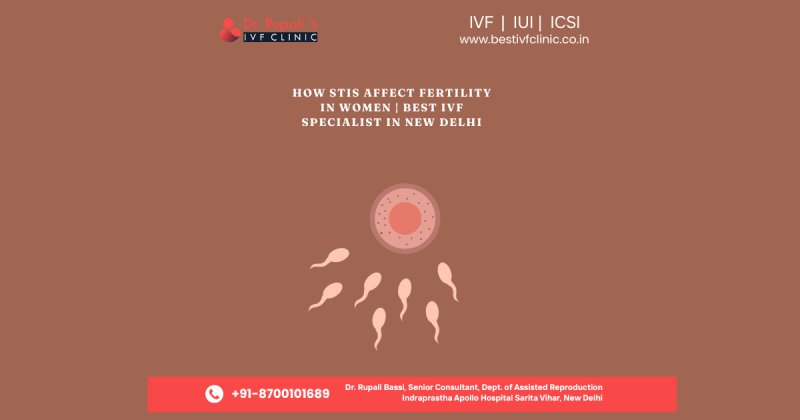
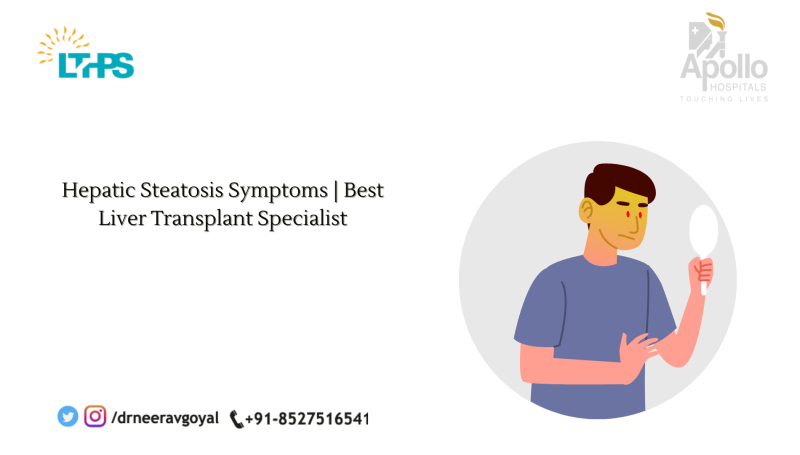
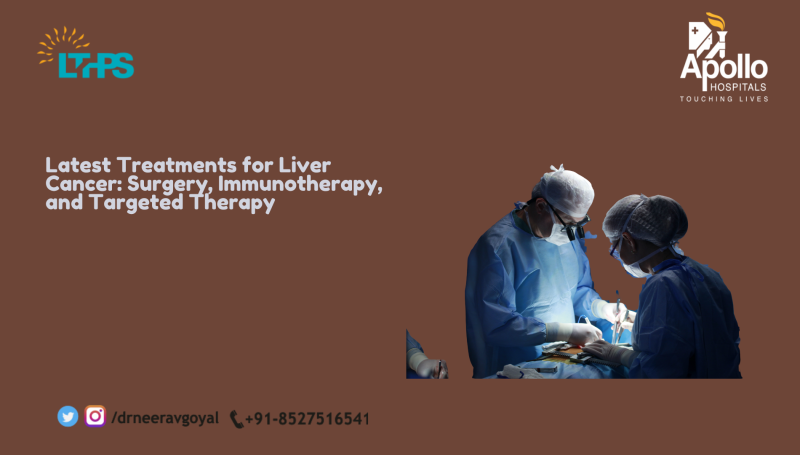
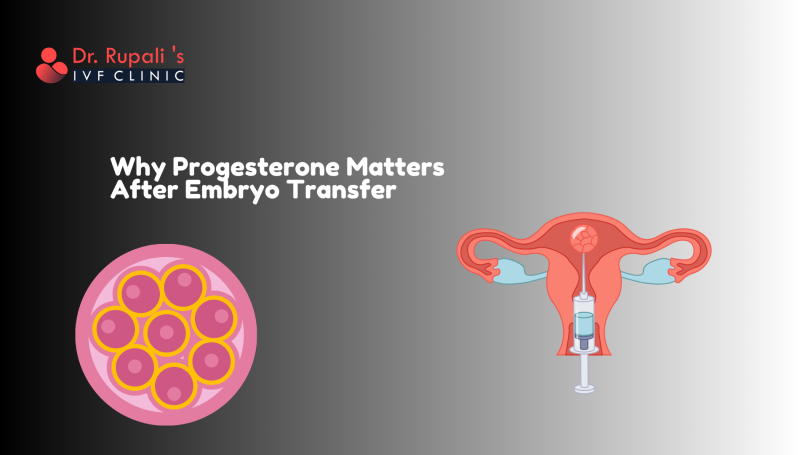





 Close Menu
Close Menu